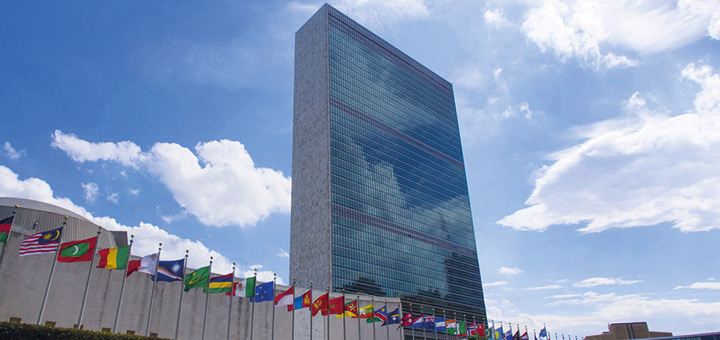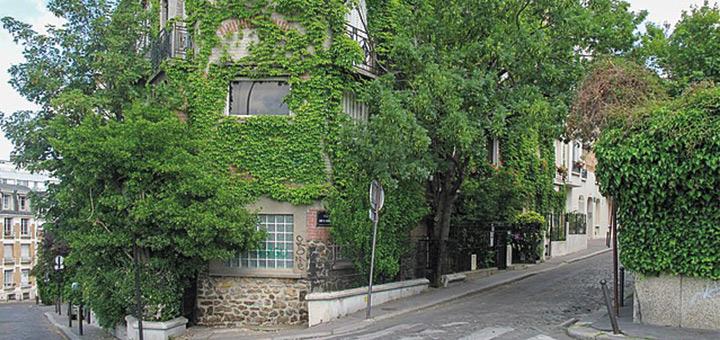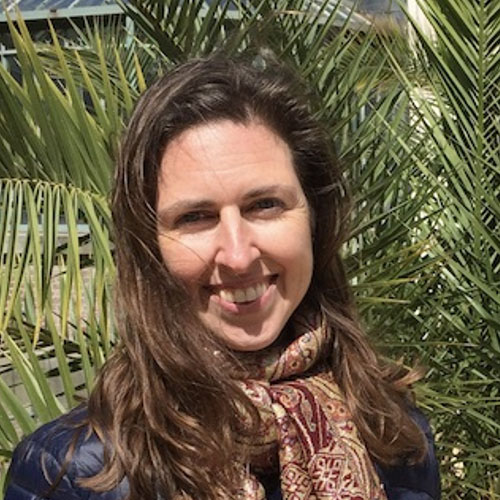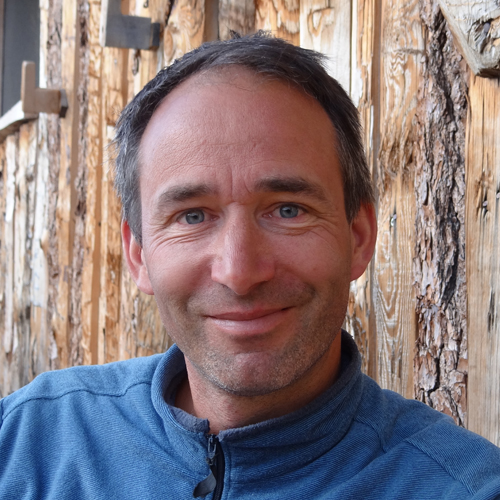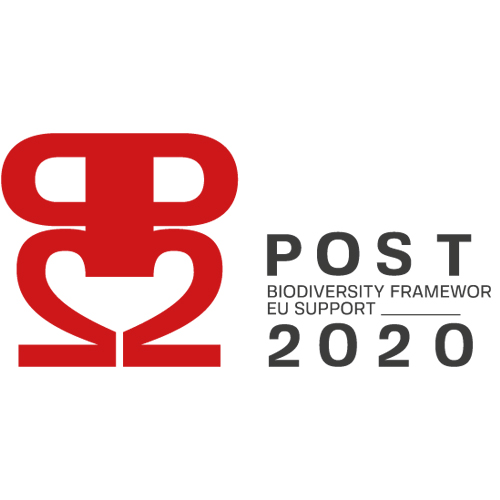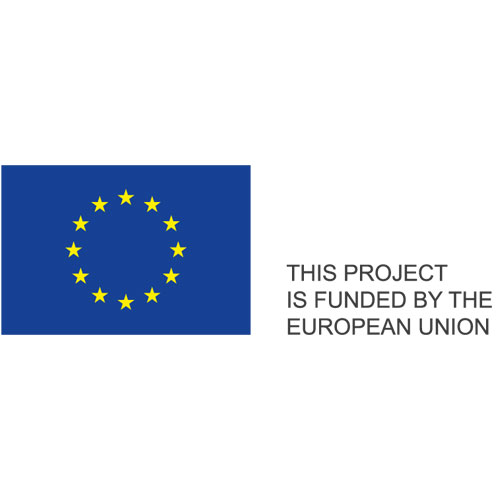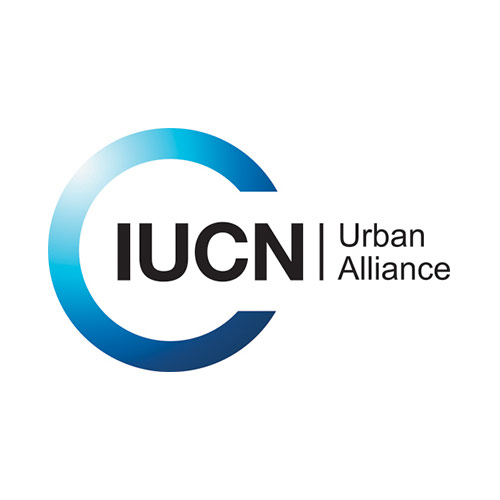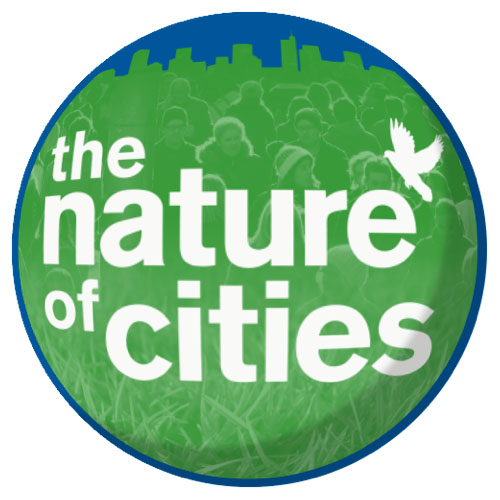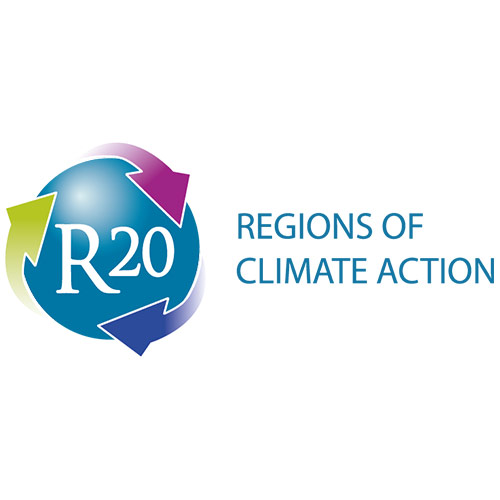While cities today account for the lion's share of natural resources consumption and contribute disproportionately to climate change, biodiversity loss, waste and pollution, they also hold the solutions to building a truly ecological civilisation.
This third webinar dedicated to urban nature was co-hosted by Ingrid Coetzee, Director of Biodiversity, Nature and Health at ICLEI, and Elisabeth Chouraki, Project Officer for the Post 2020 Biodiversity Framework – EU support. It brought together about forty participants and 11 speakers.
- Heads of major networks of local authorities committed to nature around the world: Kobie Brand, Deputy Director General of ICLEI, Chantal Van Ham, Acting Director of the IUCN European Regional Office, Head of IUCN's activities on urban biodiversity and cooperation with local governments in Europe, and Russell Galt, Head of the IUCN Urban Alliance,
- Responsible for strategy and implementation of urban policies for biodiversity protection: Adeniran Akanni, Director of the Environmental Planning Unit at the Ministry of Environment and Water Resources of Lagos State, Etienne Aulotte in charge of Nature & Agriculture Development Coordination at the Environment Department of the City of Brussels, Peter Frost, Urban Green Infrastructure Advisor at “Natural Resources Wales”, Philippe Jacob, Head of the Biodiversity Division of the City of Paris, and Olivier Massat, Director of the Plant Heritage and Biodiversity Department of the City of Tours,
- Experts on nature-based solutions in urban areas: Harriet Bulkeley, Professor in the Department of Geography, Head of the Naturvation Program, University of Durham, Jennifer Lenhart - Global Head of the Cities Program at WWF and Canddie Magdelenat - Expert on local government and sustainable cities at WWF.
The speakers agreed on the diagnosis: Cities are home to a growing share of the world's population. They are exerting an increasingly unsustainable pressure on the planet's ecosystems. And inequalities are growing: access to nature in the richest cities is unevenly distributed. The anarchic development of cities in the South threatens remarkable areas of biodiversity, which are essential for the proper functioning of all the ecosystems that make up these urban areas. The poorest are also those who live in the most degraded environments. However, since the beginning of this century, there has been a growing awareness that another model is possible.
The speakers highlighted 4 key points:
- The mobilisation of local authorities’ networks, NGOs, citizens, elected representatives and managers is pushing many cities to act. Shared diagnosis, urban planning favouring the creation of - and access to - green spaces, differentiated management of these natural spaces in the city, renaturation of soils, implementation of measures favouring the return of plant and animal species (including pollinators) in the city are all developing.
- To be even more effective, cooperation between municipalities and private stakeholders - i.e. companies, businesses, housing owners, etc. - is essential to create new green spaces - including roofs and walls' greening or the opening of private green spaces to the public. Regulations encouraging virtuous practices, labels and standards are being put in place and contribute to a virtuous dynamic.
- Some municipalities are working to extend their action beyond their territory to help farmers produce in a more sustainable way encouraging organic farming, and to preserve water resources.
- Because cities are home to a growing share of the population, and they are places of culture, innovation and exchange, the solutions for a true ecological civilisation can be found in these urban areas through the implementation of nature-based solutions.
Webinar program
Webinar with interpretation



GMT+2
GMT+2
Since 2006 and the first programmes such as Local Action for Biodiversity initiated by ICLEI and IUCN, some cities have implemented urban policies that emphasize green and blue spaces.
What lessons can we learn from this? How can these policies be generalized?

|
Kobie Brand - Deputy Secretary General - ICLEI |
GMT+2
Implementing Nature based solutions in towns and cities all around the world
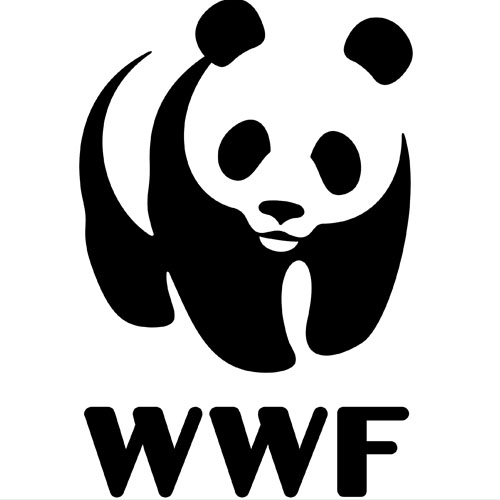
|
Canddie Magdelenat - Sustainable Local Governments & Cities Expert - WWF |

|
Jennifer Lenhart - Global Lead for the Cities Programme - WWF |
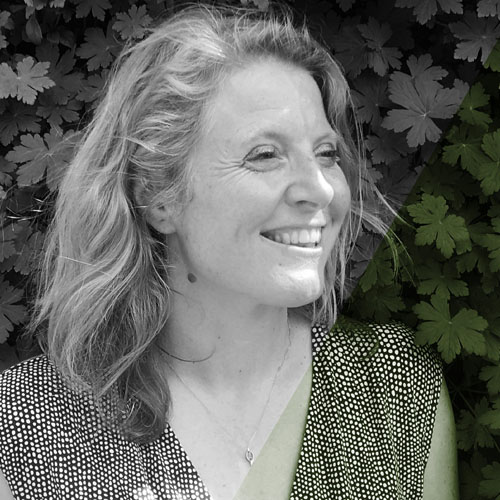
|
Harriet Bulkeley - Professor in the Department of Geography, Head of the Naturvation Programme - Durham University |
GMT+2
How can the ecological footprint of cities be reduced? How can we reduce the pressure of urban dwellers on the whole planet?
Can public procurement policies of sub-national and local governments be used to shift the economy towards a more sustainable model?
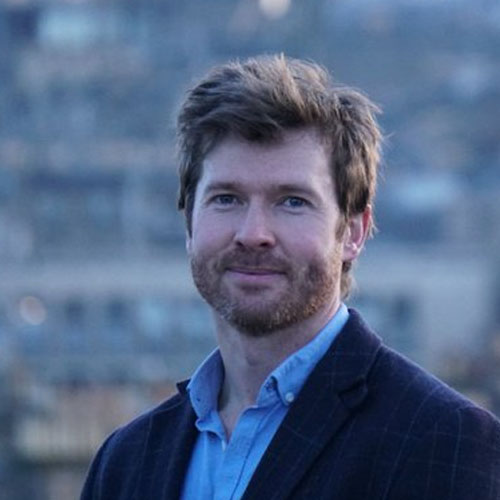
|
Russell Galt - Head of Urban Alliance - IUCN |

|
Philippe Jacob - Head of Biodiversity Division - City of Paris |
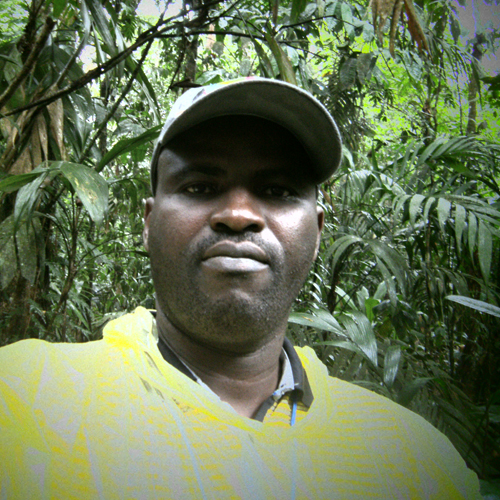
|
Adeniran Akanni - Head of the Environmental Planning Unit - Lagos State Ministry of Environment and Water Resources |
GMT+2
Conclusions
DON’T MISS A MOMENT
Resources
Webinar partners
Other webinars
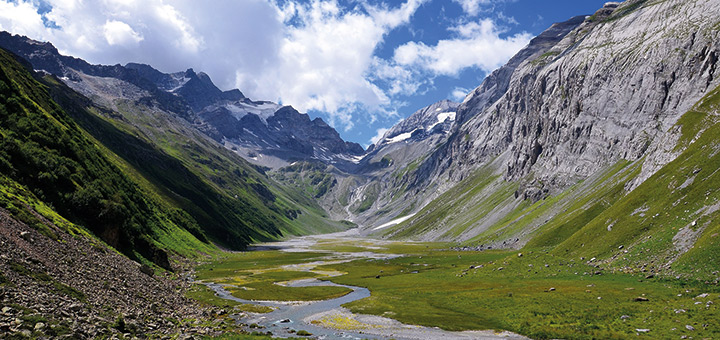
LOCAL ACTION FOR OUTSTANDING NATURE: How to conserve biodiversity hotspots
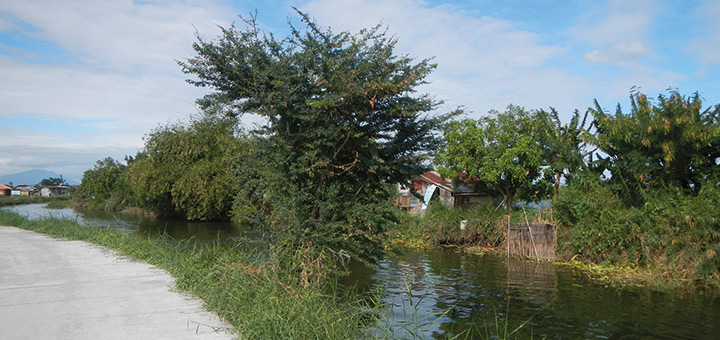
LOCAL ACTION FOR PRODUCTIVE LANDSCAPE: Achieving shared prosperity within the limits of Earth's living systems
